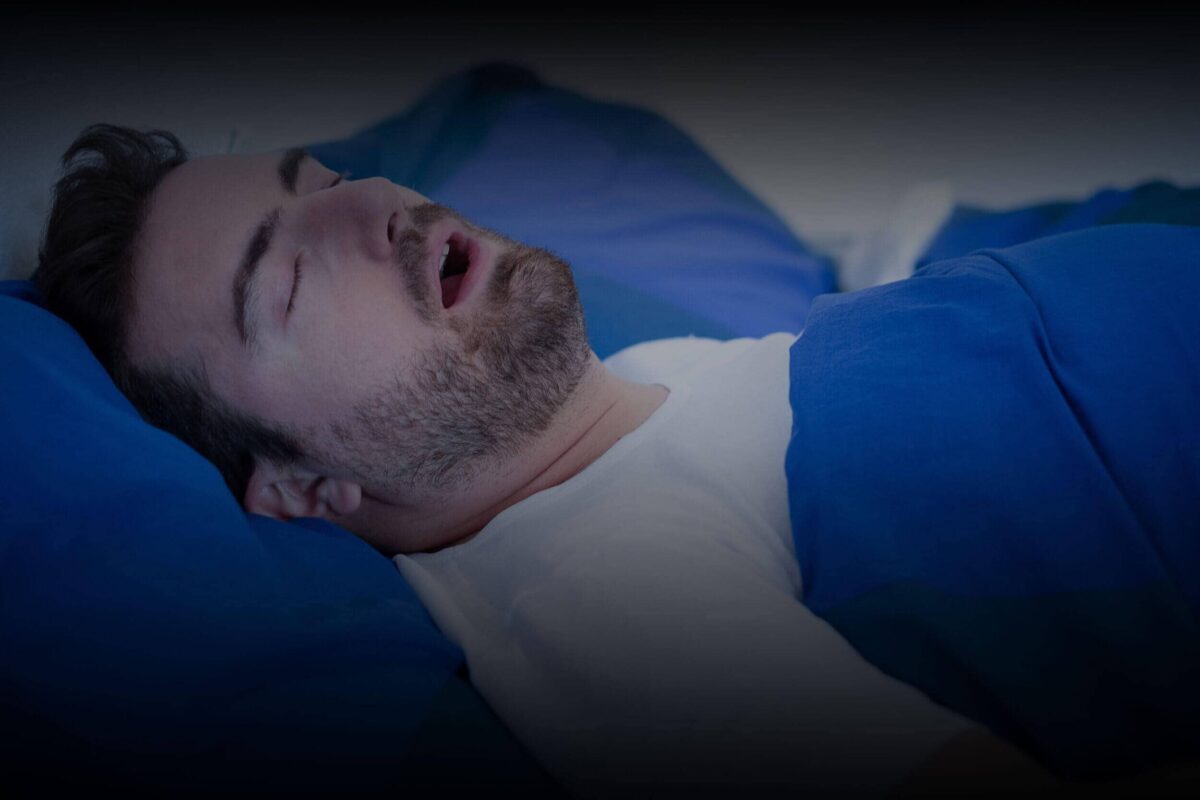Beyond Restless Nights: Understanding Upper Airway Resistance Syndrome (UARS) and Solutions Through Sleep Medicine
Millions of people worldwide grapple with sleep disturbances, experiencing fragmented sleep patterns and excessive daytime sleepiness. Sleep apnea, a condition characterized by repeated episodes of breathing cessation during sleep, often takes center stage in discussions about disrupted sleep. However, another sleep disorder, Upper Airway Resistance Syndrome (UARS), can also significantly impact sleep quality. While UARS shares some similarities with sleep apnea, it represents a distinct condition with its own set of characteristics. Sleep medicine specialists are equipped to diagnose and treat UARS, empowering individuals to reclaim a good night’s sleep and improve their overall health.
Understanding Upper Airway Resistance Syndrome (UARS): The Disrupted Breath
Characteristics of UARS:
UARS occurs when airflow through the upper airway is partially obstructed during sleep. This obstruction can be caused by similar factors as sleep apnea, such as narrowed airways, enlarged tonsils, or relaxed throat muscles. However, unlike sleep apnea, the airway blockage in UARS is not severe enough to completely stop breathing.
Symptoms of UARS:
The disrupted breathing patterns associated with UARS can lead to various symptoms, including:
- Restless sleep
- Frequent awakenings during the night
- Daytime fatigue
- Difficulty concentrating
- Morning headaches
- Irritability
Distinguishing UARS from Sleep Apnea:
UARS differs from sleep apnea in a few key ways:
- Severity of Airway Blockage: In UARS, the airway blockage is not complete, unlike sleep apnea where breathing stops and starts repeatedly.
- Oxygen Desaturation: Sleep apnea often leads to significant drops in blood oxygen levels, which is not typically seen in UARS.
Sleep Fragmentation: UARS can lead to frequent micro-awakenings that disrupt sleep quality, even though individuals might not be consciously aware of these awakenings.
The Impact of UARS: Beyond Sleep Disruption
Consequences of Untreated UARS:
Chronic sleep disruption associated with UARS can lead to various health consequences, including:
- Increased Risk of Cardiovascular Disease: Sleep deprivation can contribute to high blood pressure and other cardiovascular risk factors.
- Cognitive Decline: UARS can impact memory, focus, and overall cognitive function.
- Mood Disorders: Sleep disturbances associated with UARS can increase the risk of depression and anxiety.
- Reduced Quality of Life: Daytime fatigue and sleep disruptions can significantly impact one’s daily life and overall well-being.
Sleep Medicine: A Path to Diagnosis and Treatment for UARS
Consultation and Medical History Review:

A sleep medicine specialist will begin by discussing your sleep history, including your sleep patterns, symptoms you experience, and any medications you are taking. They will also inquire about your medical history to understand any potential contributing factors.
Sleep Studies: Unmasking the Mysteries of Sleep:
A sleep study, often conducted overnight in a sleep lab, plays a crucial role in diagnosing UARS. During a sleep study, brain activity, muscle activity, breathing patterns, and oxygen levels are monitored to identify any abnormalities in your sleep cycle, including micro-awakenings and changes in breathing patterns characteristic of UARS.
Treatment Options for UARS:
Sleep medicine specialists offer a range of personalized treatment options for UARS:
- Lifestyle Modifications: Losing weight, avoiding alcohol and heavy meals before bed, and establishing a regular sleep schedule can significantly improve sleep quality in individuals with UARS.
- Positional Therapy: Sleeping on your side can help open the airway and reduce airway resistance in some cases.
- Oral Appliances: In some cases, specially designed oral appliances can be used to keep the airway open during sleep and improve sleep quality.
- CPAP Therapy: While less common, CPAP therapy might be considered for severe cases of UARS if other treatments are not effective.

